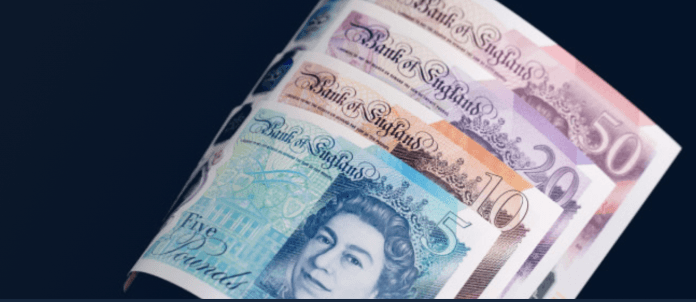Trust, confidence and expertise – these three words must be at the heart of the job description for any of the three high offices of State, namely the Foreign Office, the Home Office and especially the Chancellor of the Exchequer.
It is quite clear that the most vital of this powerful triumvirate is also the most challenging. The UK Chancellor is not your local bank manager – or a clerk from accounts – but rather someone who should be regarded both domestically and internationally as the potent financial leader of the globe’s sixth largest economy.
The behaviour, attitude and inspirational leadership in this role is far more vital than just being an economist. Failure here is not just a domestic issue, but can (and has) prove costly to all from the savings of the pensioner, the squeezed middle class and penurious consumer fighting rising costs, through to companies of all sizes deciding whether or not to invest in a country whose financial navigator appears to have little or no financial compass.
Such ineptitude will and has cost us all. The financial charade of the Liz Truss premiership was painful, and now the latest incarnation is the whimpering inexpertise of Rachel from Accounts, which has already seen the cost of the financing of our government debt rise to as high as, if not higher, than those pathetic days of Truss and Kwasi Kwarteng. The coming Budget will almost certainly be her last, but what damage has she already inflicted in the gilt market, namely government borrowing?
Government debt is normally seen as a secure and reliable form of investing. However, do not be fooled. Anyone who may have foolishly invested in, say, Argentinian government debt, would have had no chance of seeing any of their investment back. But for more established and reliable nations, such bonds are a measure of the confidence that investors both domestically and overseas have in that nation and its economic future.
UK debt is known as Gilts and their U.S. equivalents as Treasuries. As of August 27, 2025, our Gilt debt stood at approximately GBP 2.84 trillion at the end of the 24/25 tax year. Much to our relief, UK government debt is still held in “good” regard (high regard may be pushing it a bit too far). As a nation we have never reneged on our debt obligations although the Scottish government nearly did before joining the Union and the greater part of its obligations being taken over by the English government.
The Chancellor has a gilty secret
Recently we had the Truss fiasco, where this reckless Prime Minister thought she and her Chancellor could force growth and progress by rhetorical bluster and the deflecting the blame on the “blob” – Treasury officials, the Bank of England and silly gits wearing red braces. This political ignorance and ineptitude seems to have been infectious as Rachel from Accounts, the current Chancellor, is currently proving.
Who owns this debt? We can roughly divide it into three key sections: UK financial institutions and pension funds, overseas financial investment bodies and national banks, and thirdly – us! By this I don’t mean us as individuals although many of us do via our pension funds, but rather through the Asset Purchase Facility (APF) whereby the Bank of England buys (and also creates) gilts, thus providing what many may know as the “magic money tree.”
This is through a mechanism known as Quantitative Easing (unknown 30 years ago), which is being followed by Quantitative Tightening which reverses the process. Each of these three areas will receive six monthly coupons (like a dividend). In effect this means that the Treasury could receive an annual coupon income of over £30 million each year (although these payments are not formally made but absorbed by the Treasury. What this means is that roughly a third of our large debt is in-fact owed to ourselves, by ourselves!
Another third of the debt consists of the investors who the last Governor of the Bank of England (Mark Carney who stood down in 2020) was referring to when he spoke of our reliance “on the confidence of strangers.” If there was a significant change in their support, then our £20/30 billion shortfall looks more like a chasm than the often mentioned “black hole.”
Now quite rightly you could argue that as these amounts are on both sides of our “National Balance Sheet,” these numbers could be equally deleted as equalling debts and assets. However, any such dramatic move would quite rightly unnerve an already incredulous and suspicious investment market.
However, its key effect has been on confidence – or lack of it – which means that we have had to pay a higher rate on our gilts than we should have expected. Our current 30-year bond yields stand a little higher than the Truss-pit of a few years back.
So, are we in trouble? In the short term the markets don’t trust the handling of the UK economy and while there is no economic magic that can be applied, what is needed is period of slow and steady recovery, in not just for the economy but also in our political leaders. This may be easier said than done as although Labour has a large majority in the Commons, it can be said that they did not win the last election, but the others lost it.
This then may well mean that the period of uncertainty will continue, with growing mutters about another General Election within the next 18 months. This will hardly give investors, both domestic and overseas, the confidence to be putting their investment money on the future strength of the UK economy.
It may be that “all that glitters is not gold,” but gold itself has provided a valuable safe haven for many when markets, economies and its citizens are under such stress.







